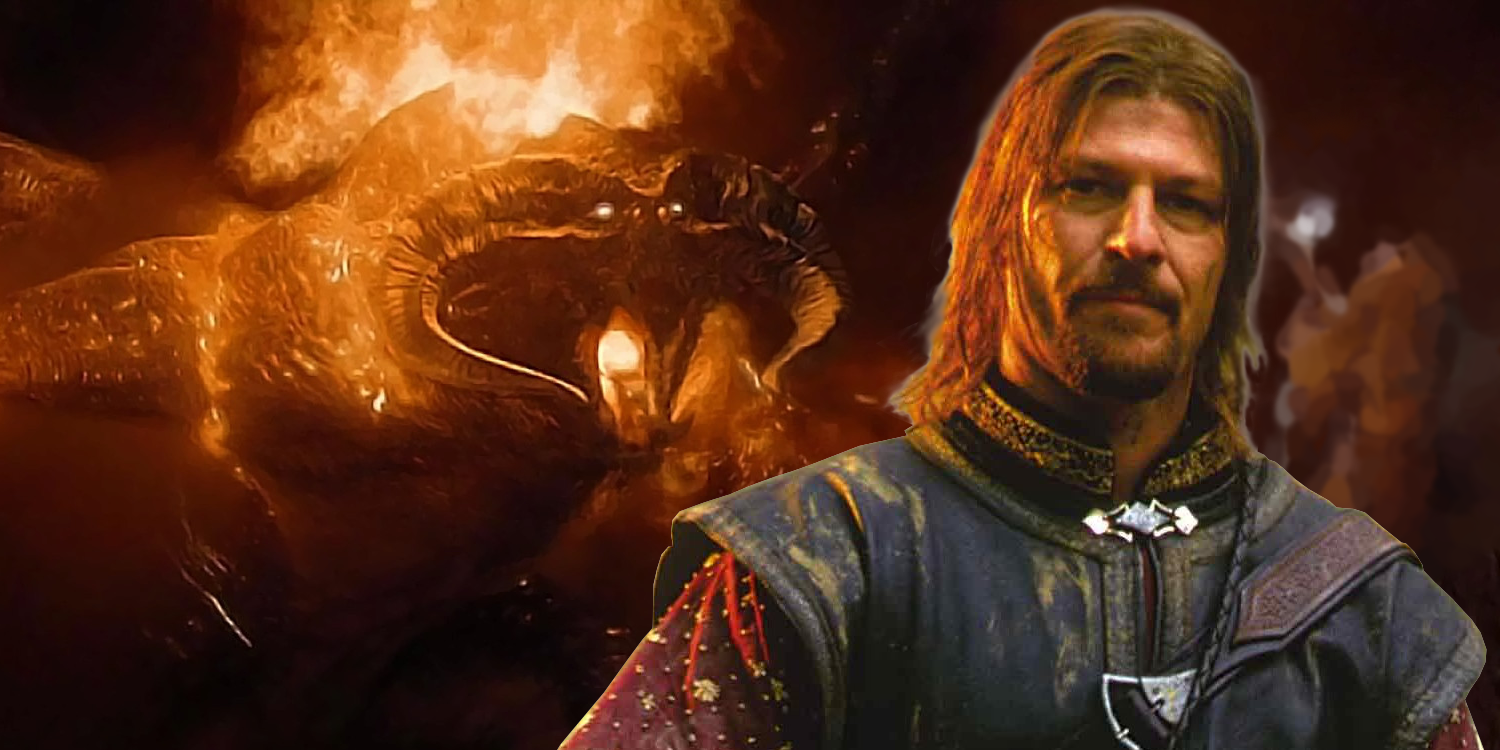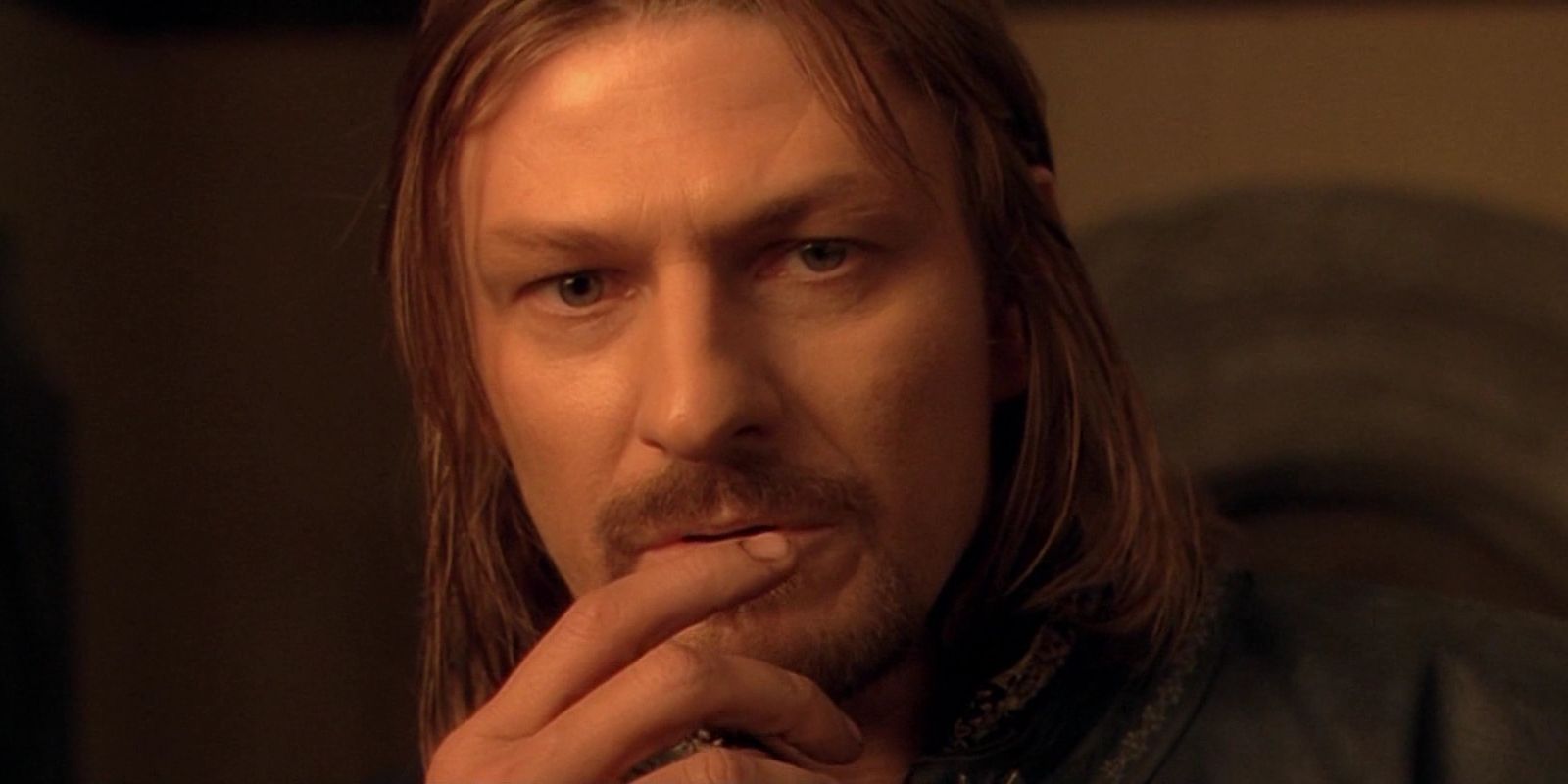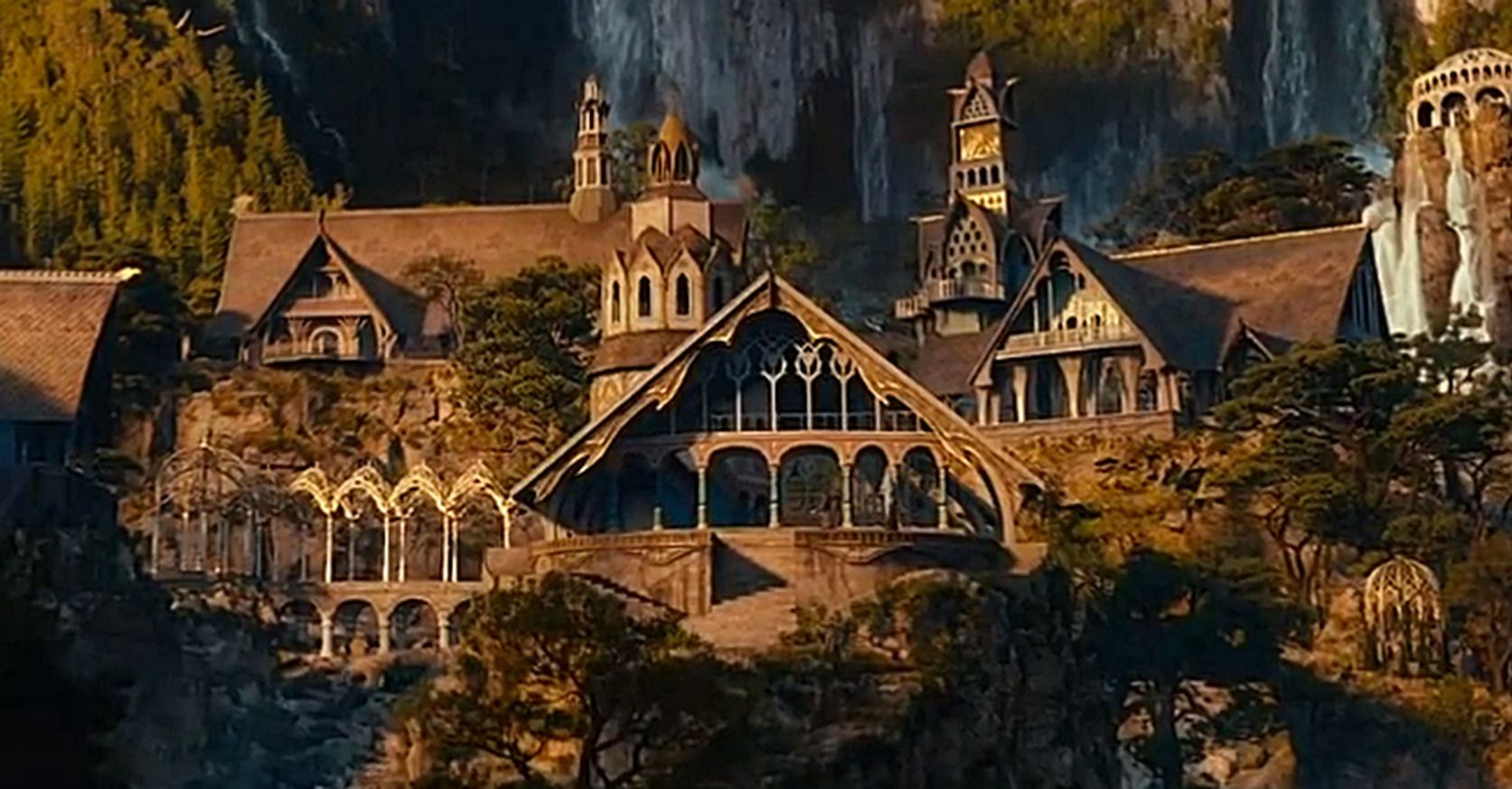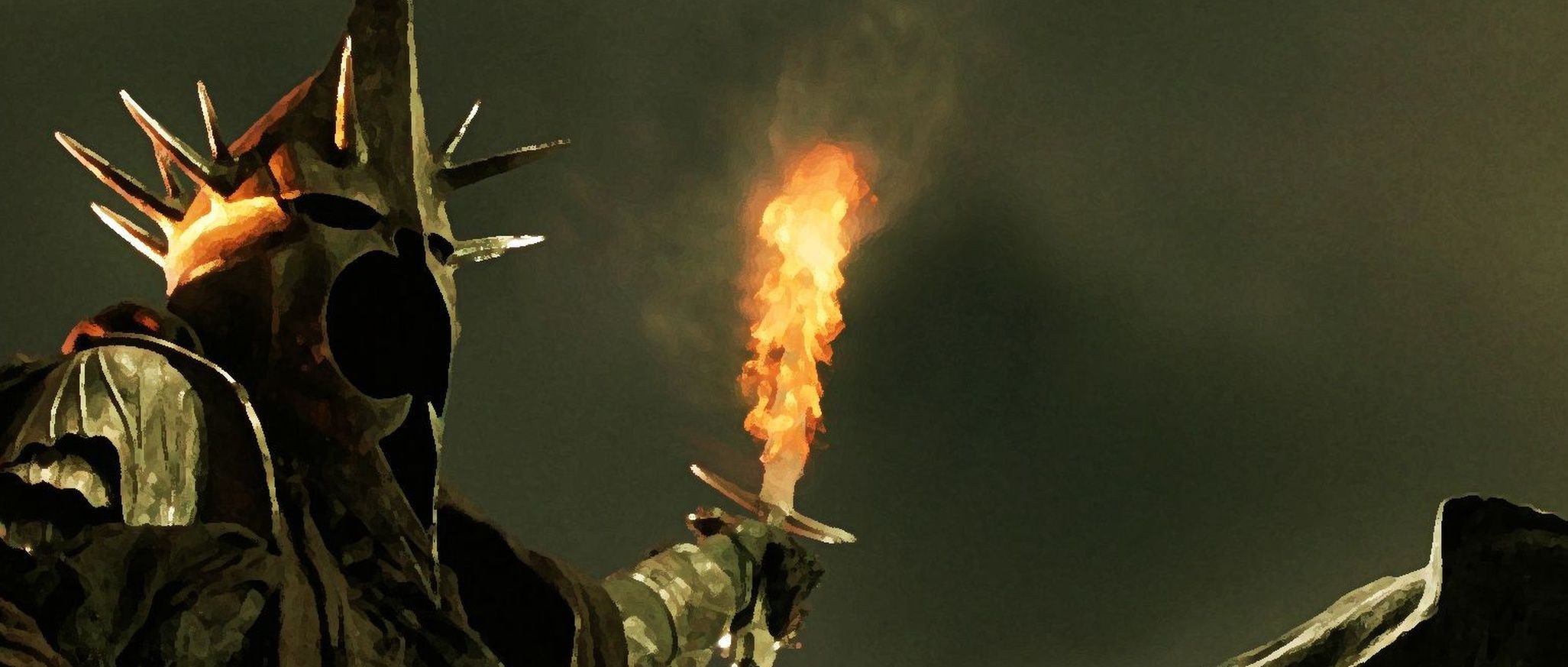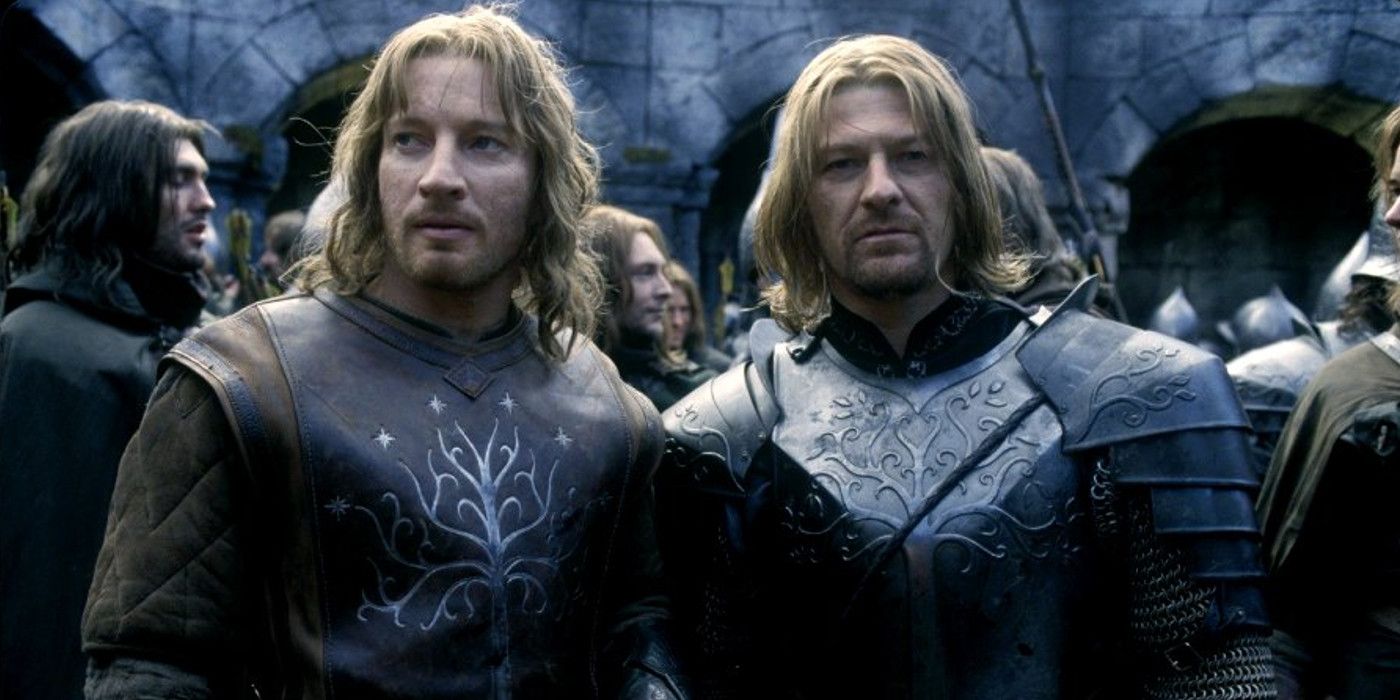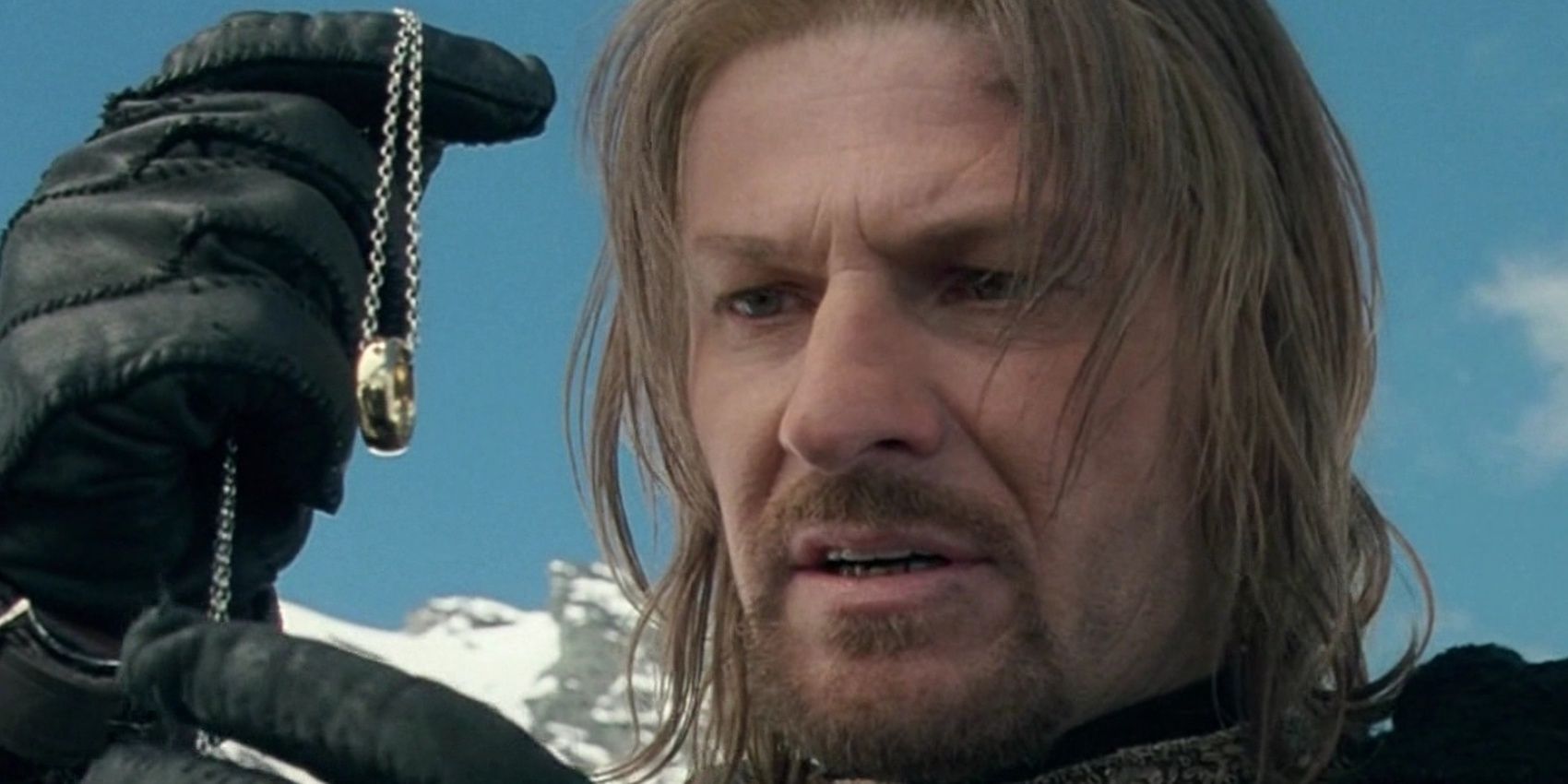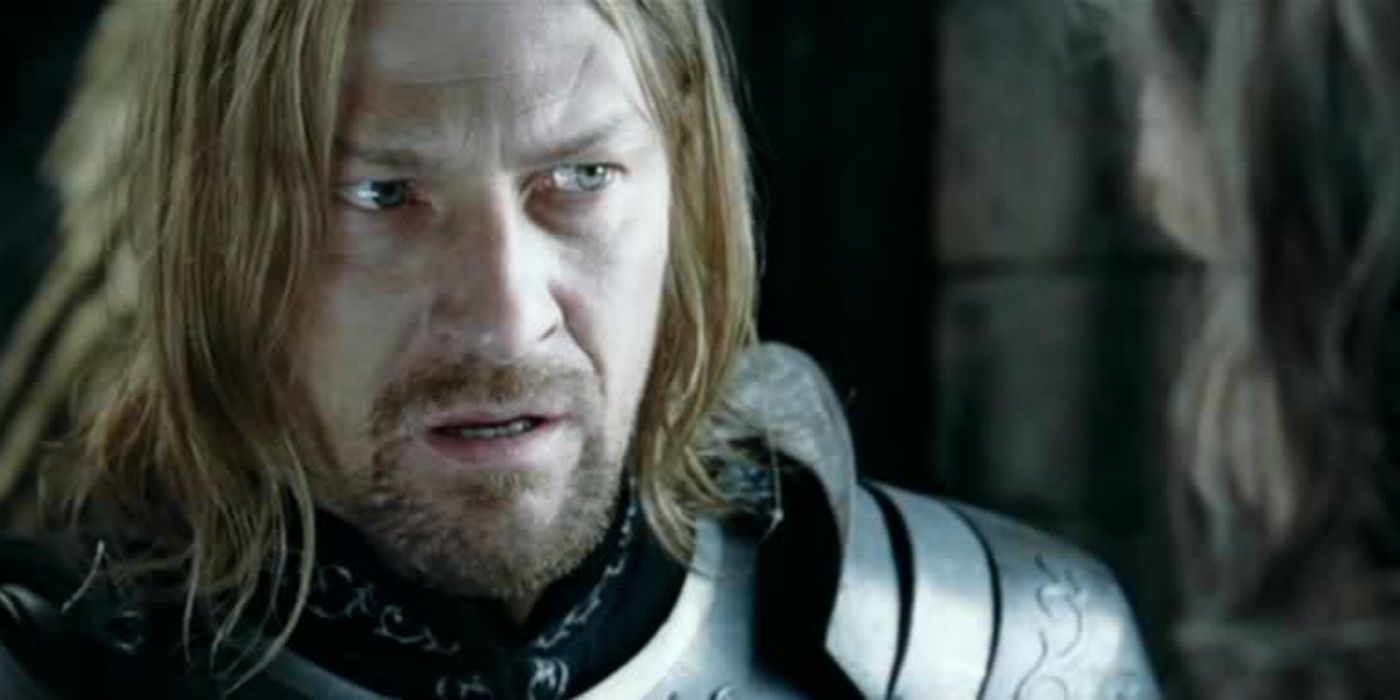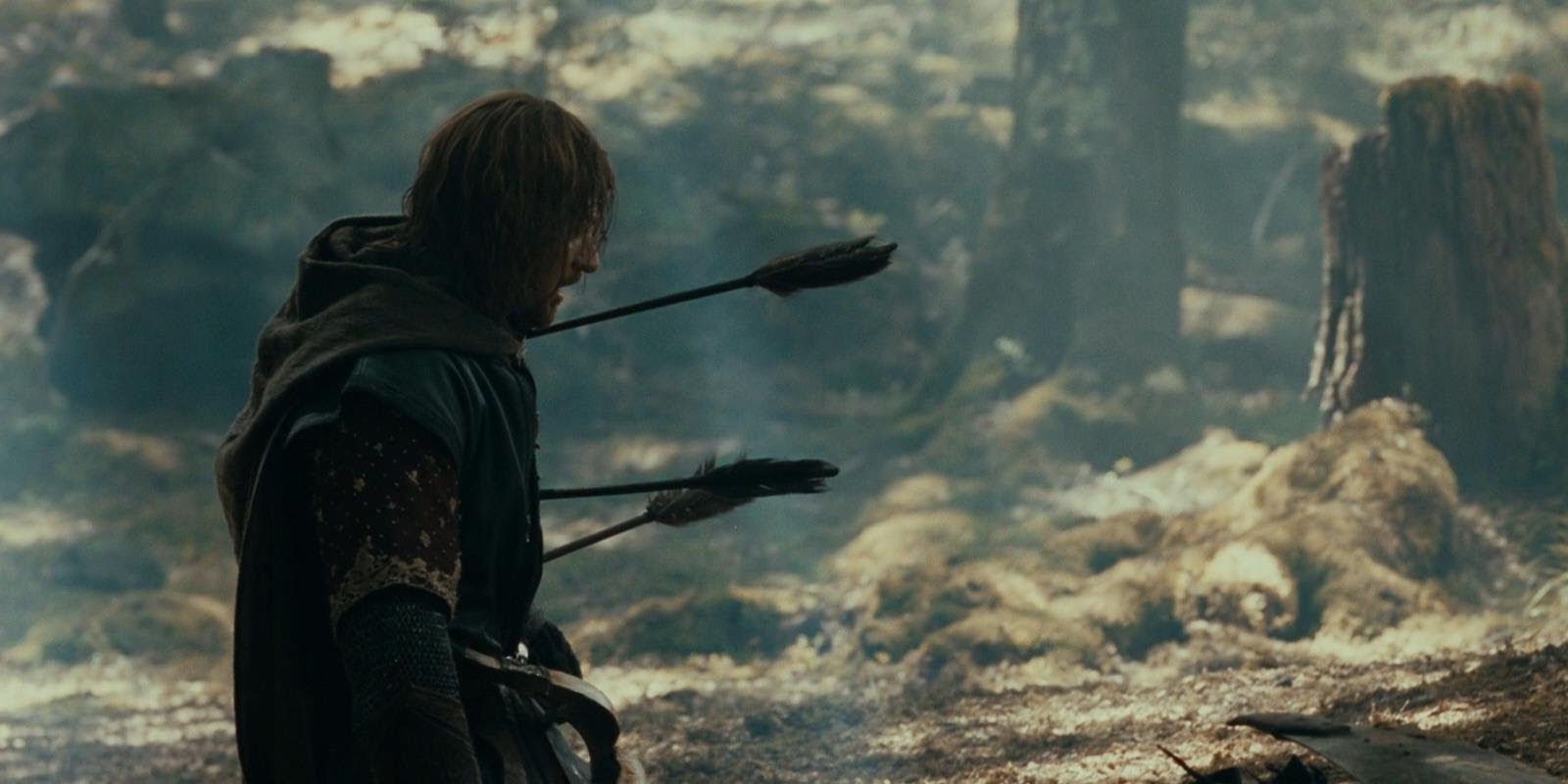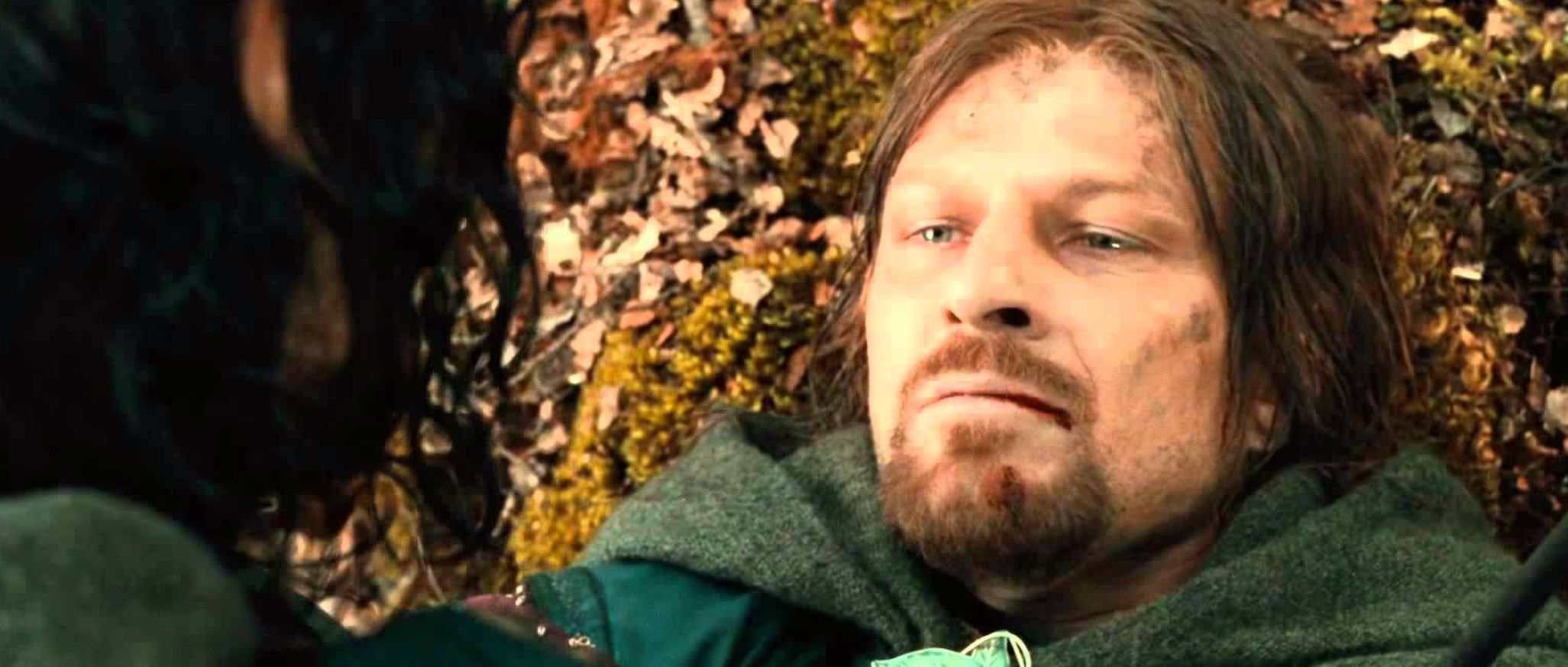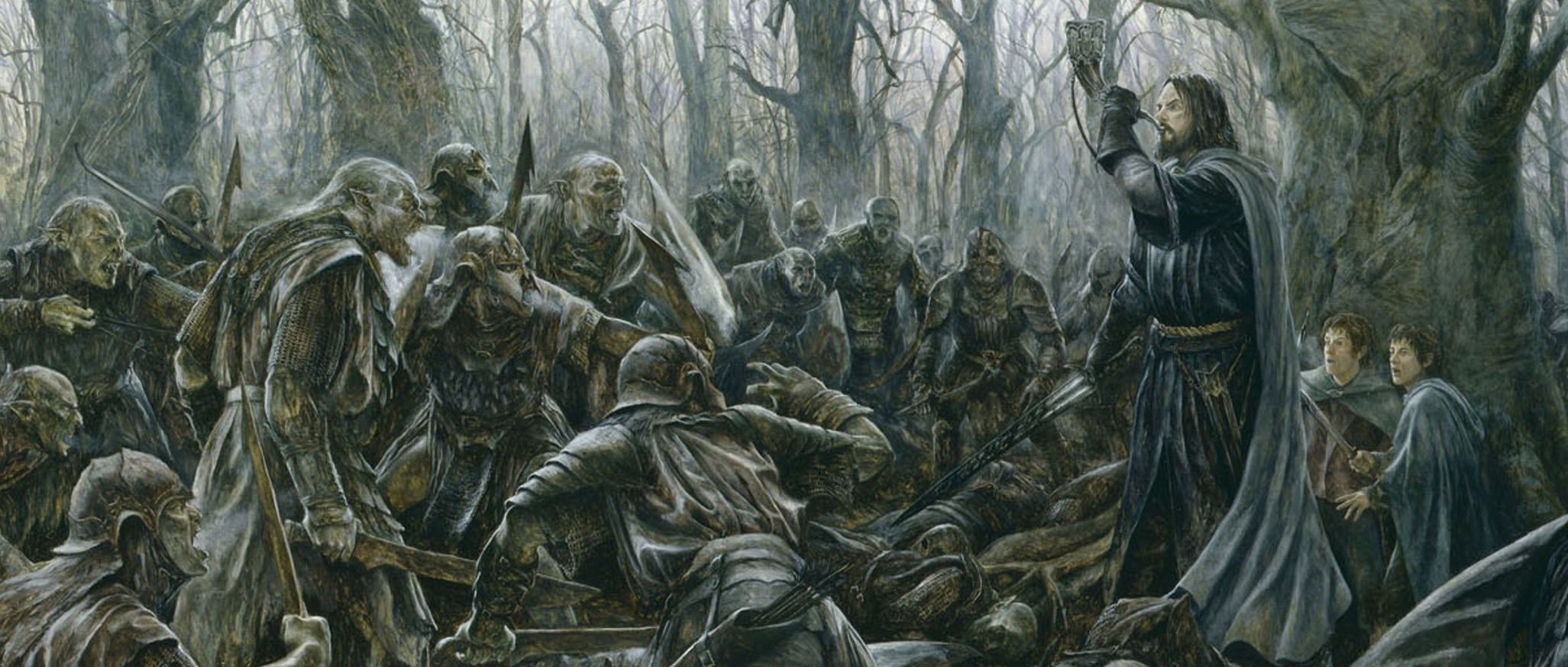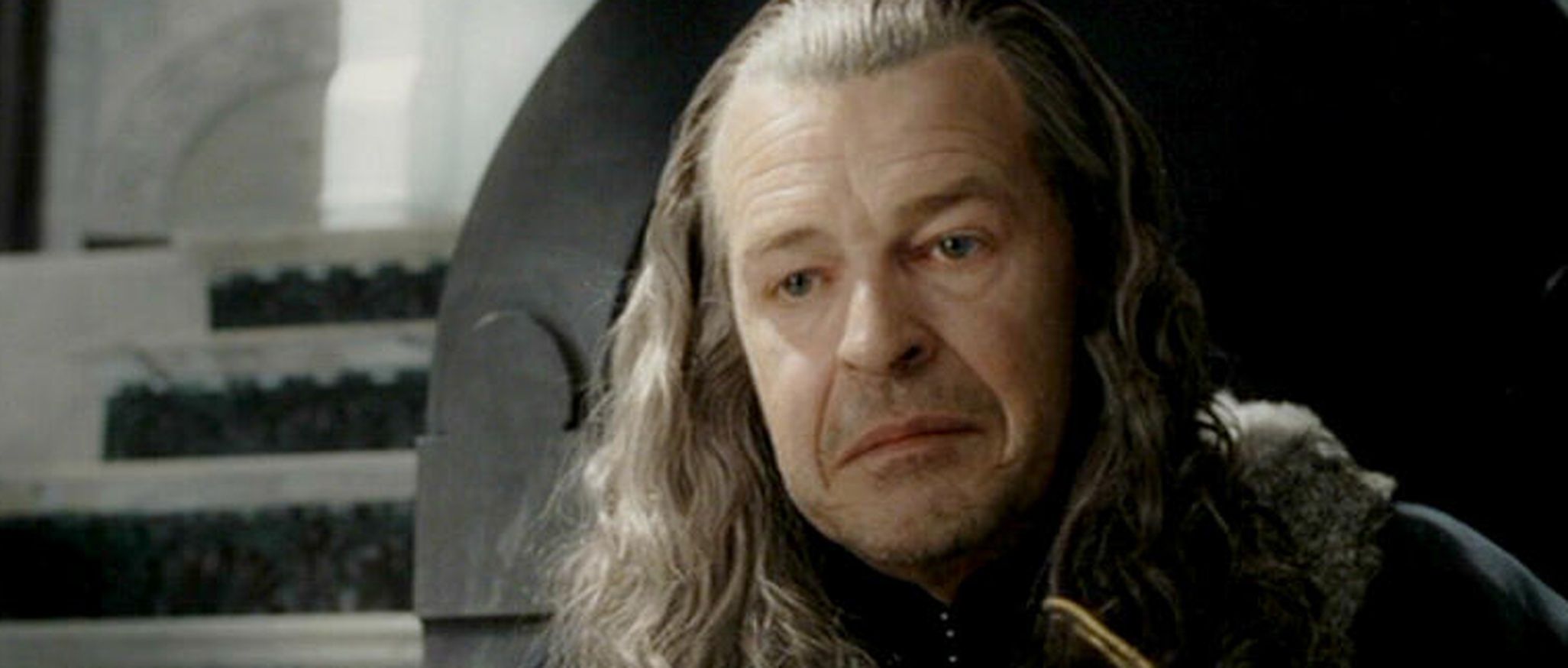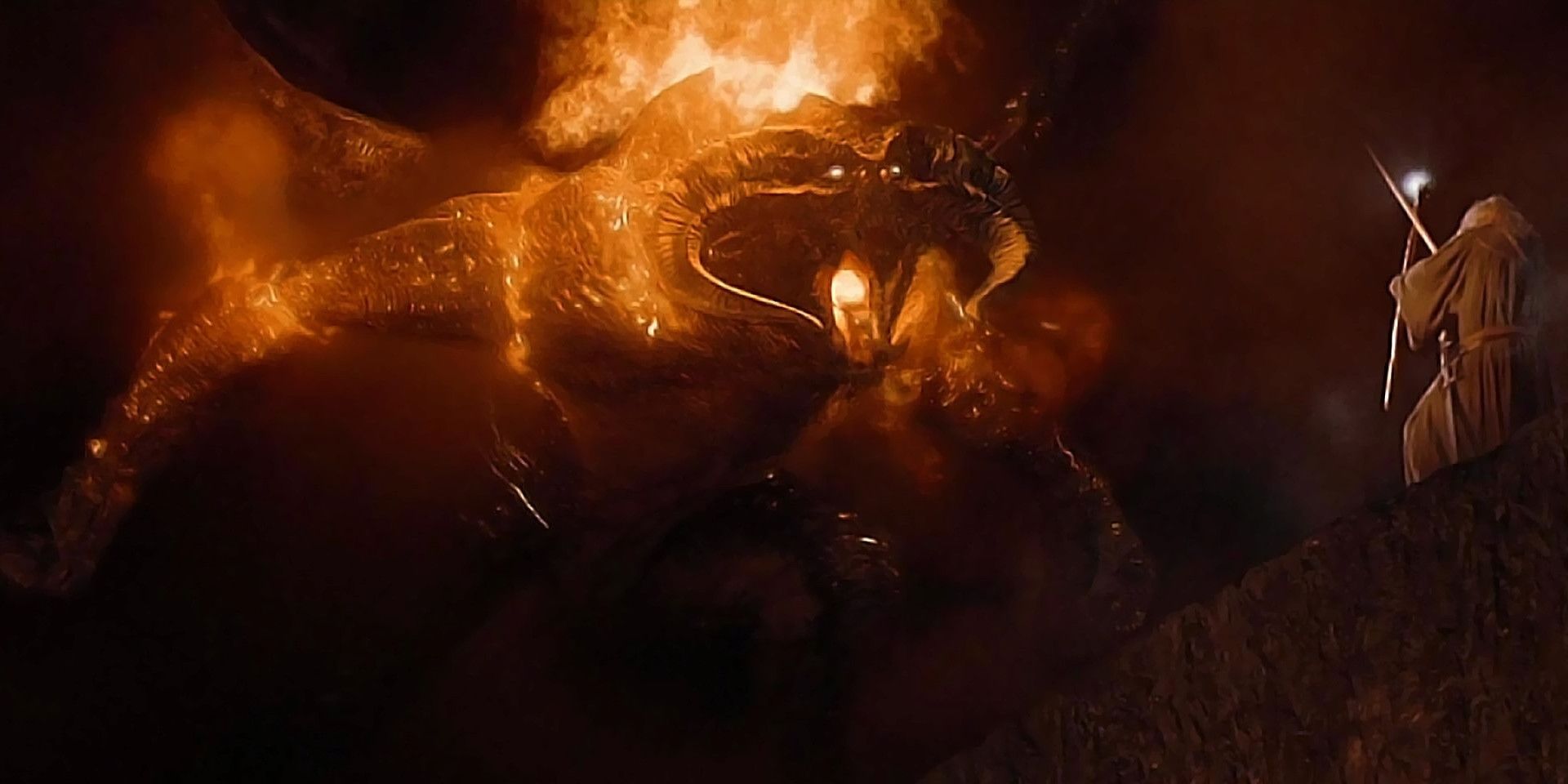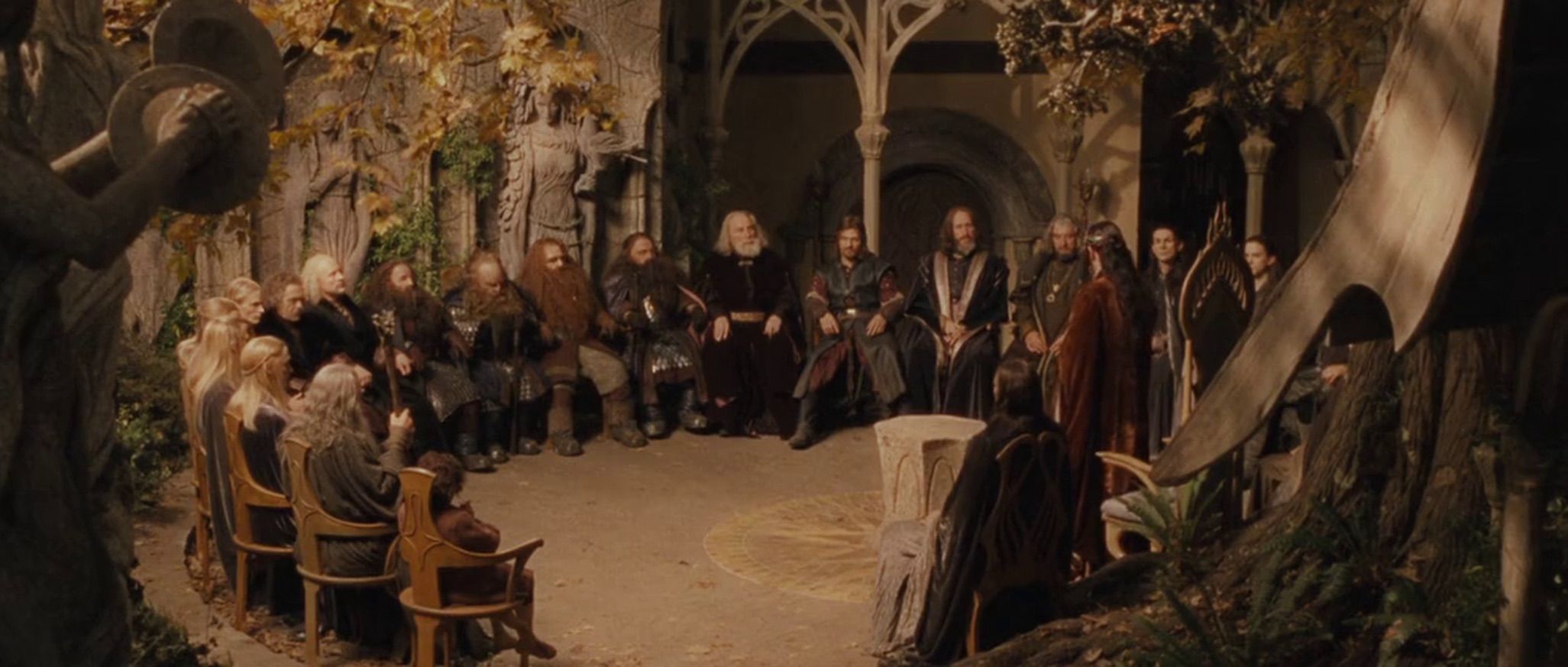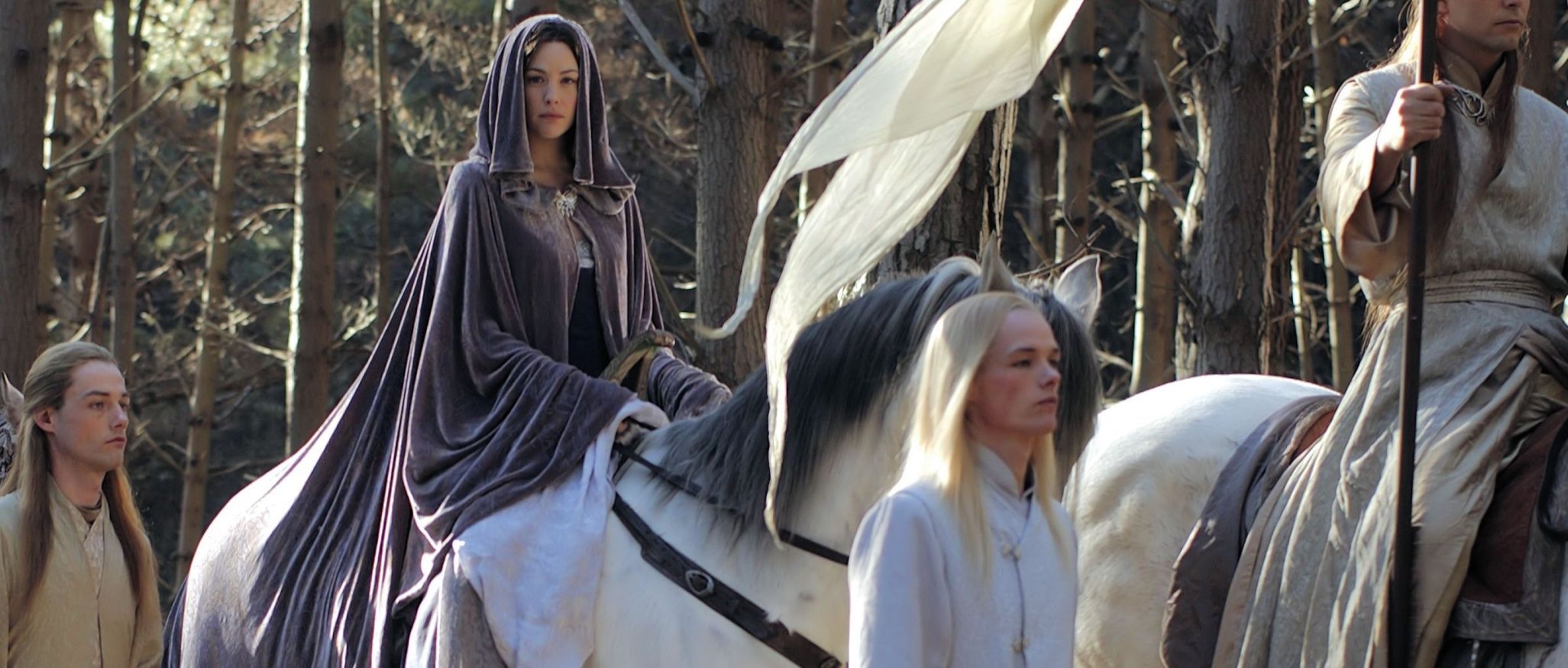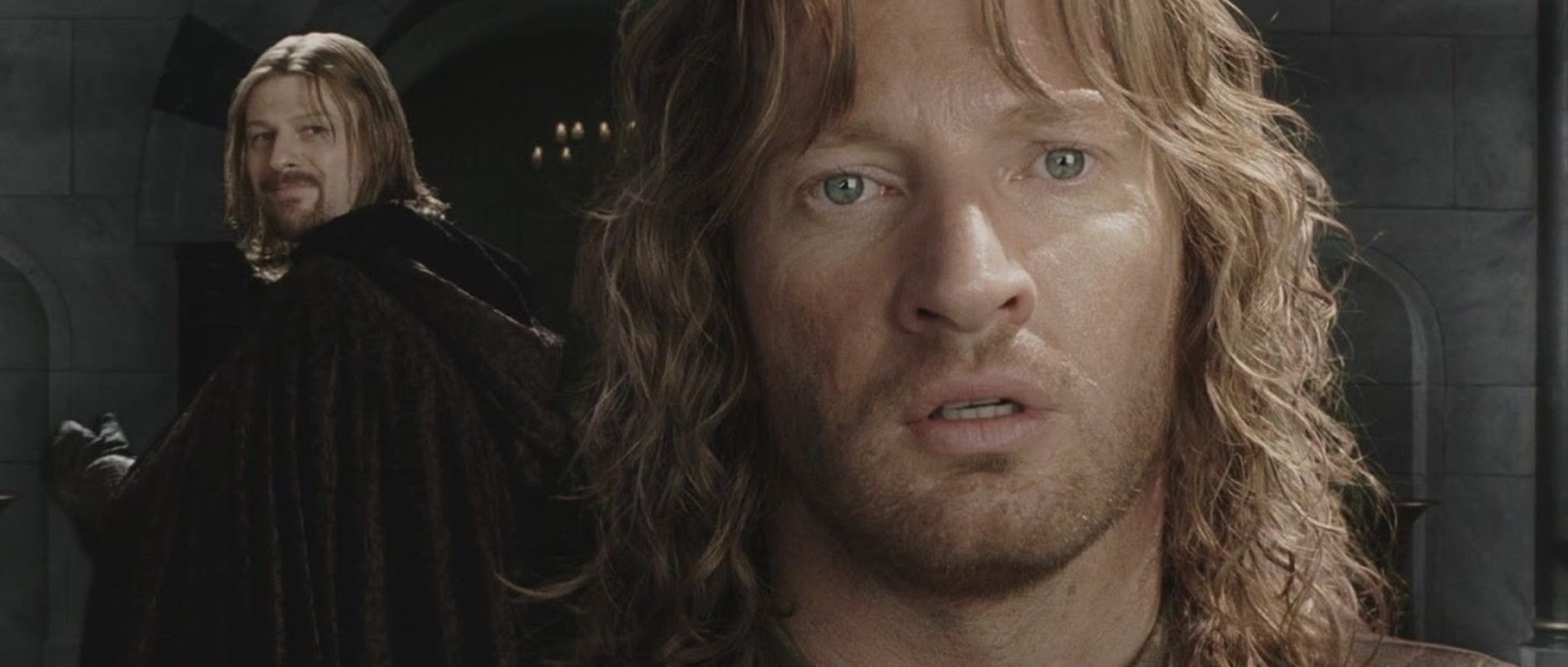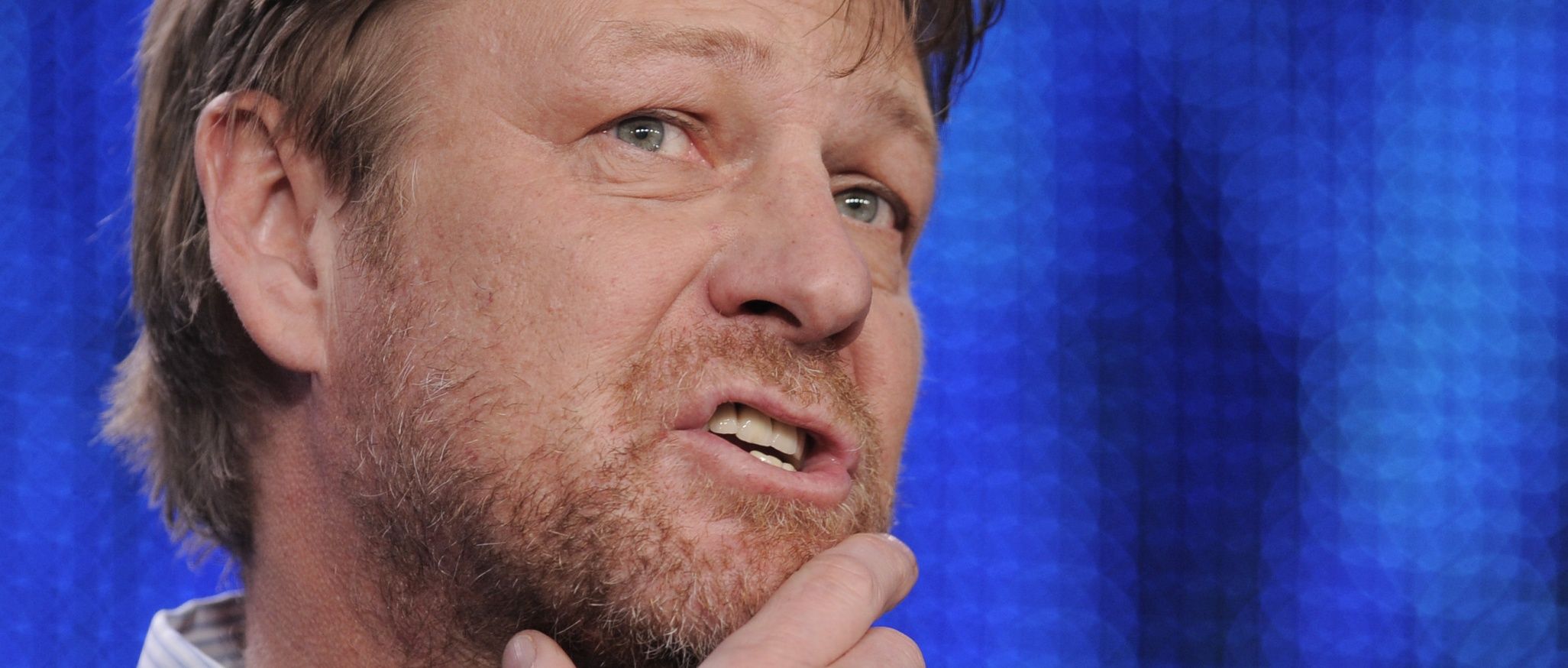Fans of The Lord of The Rings trilogy are usually split on Boromir - some see him as the selfish and aggressive human who tried to take the Ring from Frodo, others see him as a victim of his circumstances and the manipulation of the Ring. Sean Bean fans, meanwhile, may see him as just another on-screen death for the Yorkshire actor (albeit a particularly great one).
However, Boromir has much more going on than just these surface observations. He has his own history prior to the War of the Ring that established him as a bonafide badass within Middle-earth. He was driven by honor and duty, and his only real fault was prioritizing the defense of his country in the face of certain doom.
Much like a lot of the other characters seen in heroic literature throughout history, Boromir was a warrior whose main interests lay in war, weaponry, and stories of the battles of the past, making him on of the most classically heroic characters within J.R.R. Tolkien's epic. The author actually based the captain on Roland of Charlemagne, a historic military leader who also carried a white horn.
Boromir is certainly more complex and muti-faceted than his on-screen adaptation shows, with a history rich enough to warrant its own tale, but unfortunately, his untimely death in defense of Merry and Pippin brought his story to an end. So in lieu of further tales, here is 15 Things You Didn't Know About Boromir.
15. His Dream Took Him To Rivendell
"So it is true. In a dream, I saw the Eastern sky grow dark. But in the West, a pale light lingered. A voice was crying, 'The doom is near at hand, Isildur's Bane is found.'"
Some may not know this speech from Boromir, as this was what was seen in the extended edition of the Fellowship of The Ring. This was his first impression of the Ring, which reminded him of a dream that he and his brother shared before travelling to Rivendell, on the eve of the battle to save Osgiliath (more on that later).
The voice in the dream gave him much more to go on than the fact that the Ring had been found - telling him to find the sword that was broken that dwells in Imaldris (Rivendell), and that there a Halfling will stand.
14. Named After Another Famous Captain
Boromir was not the first great Captain of Gondor of his name. Mentioned in The Silmarillion, there existed another captain of Gondor who bore the name - Boromir I was the son of Denethor I, just as Boromir II (the one we know) was the son of Denethor II.
The Witch-king of Angmar, the chief of the Nazgul, was said to have feared the first Boromir. Boromir I took over as Steward of Gondor after his father passed, inheriting a land at a time of war and eventually succeeding in winning back his country, but his days where numbered after receiving the dreaded Morgul wound (similar to the one Frodo received from The Witch-king).
Boromir II was born almost 500 years after Boromir I, but his life and fate were all too similar - Captain of Gondor, Son of the Steward, defender of Osgiliath, and all-round thorn in the side of the armies of Mordor. Boromir's death was also at the hands of the Uruk-hai, a race of orcs first seen during Boromir I's defense of Osgiliath.
13. Protective Older Brother
Boromir was the eldest son of Denethor, the Steward of Gondor, and so was doted on endlessly by his father. We've seen this happen in other tales - the father focuses so heavily on the first born son that the second born son is left to fend for himself emotionally. But not on Boromir's watch.
Boromir was five years old when his little brother, Faramir, was born. He helped and protected his younger brother as they grew, taking on more responsibility for his upbringing than his father ever did following the death of their mother (when Boromir was ten). Boromir tried very hard to get Denethor to acknowledge the younger sibling, but in the end, he took to caring for him more to make up for the lack of love from their father.
Their bond was so strong that it was said that Faramir heard his brother blowing The Great Horn during his last stand against the Uruks on the slopes of Amon Hen.
12. The Ring Means More To Him
Boromir's priority was in defense of his land and its people. While conscious of the dangers of the Ring, he sees more sense in using it against Sauron's armies, to help drive them back from the Anduin river, and back to Mordor. When attending the Council of Elrond, he tells them of his dream, and asks them to allow him to take the Ring to Gondor to help defend his people. This is immediately shot down by Elrond, stating that the Ring would guide the wielder to an evil end, no matter how good their intentions may be.
To a defender and captain, this is just baffling, but he resigns himself to help destroy the ring but joining the Fellowship. This, however, is not the end of Boromir's infatuation with the ring.
11. Victim Of The Ring
Like many others before him, the Ring manipulated Boromir, disguising its machinations as good intentions. He believes in the strength of Gondor, but he also sees that it's been beaten bloody and won't be able to withstand continuous assault from the orc army. The Ring latches onto these thoughts, amplifying them in his mind, giving Boromir an unfaltering conviction that the must take the Ring from Frodo.
After leaving Lothlorien, Boromir shared a boat with Merry and Pippin, who noticed that he had a strange glint in his eye when looking at Frodo. He often muttered to himself and was noticed sometimes paddling closer to Frodo, and the Ring.
These traits have been seen in many of those who have felt the negative effects of the Ring, most notably Gollum. But as Boromir's duty and honor battled inside him, another battle loomed outside.
10. An Honor-Bound Punishment
After Frodo wanders off, Boromir follows, trying to convince the Hobbit to take the Ring to Minas Tirith to help defend the people of Gondor. When Frodo denies him, the Ring latches onto Boromir, filling him with rage as he attempts to take it by force. But this influence of the Ring leaves him as quickly as it came, and he is tearful in his remorse for betraying his honor.
As penance, he fights in defense of Merry and Pippin, slaying dozens of Orcs, only to fall during a second wave of almost 100 Orcs and Uruks. This valiant and redemptive act is seen by Boromir as his price to pay for allowing the Ring to corrupt his mind, not placing the blame with the Ring, but with he himself - one of the few characters to accept the fault as their own.
"I am sorry. I have paid." - and readers of The Lord of The Rings weep for the fallen captain.
9. His True Final Words
As expected, the film adaptation of The Fellowship of the Ring differs from its printed counterpart. For one, Boromir's death actually took place at the beginning of The Two Towers. But another significant departure was the change made to Boromir's final words as he died.
"Farewell Aragorn! Go to Minas Tirith and save my people! I have failed." were the final words of The Captain of The White Tower, said to the rightful King of Gondor. With his dying breath, he still made pleas for his country and the people he was sworn to protect, recognizing Aragorn as one who can continue his duty in his absence.
Aragorn makes a promise to the fallen Boromir that he will go to Minas Tirith and ensure that it does not fall to the armies of Mordor. This was enough for Boromir, allowing him to die with a smile on his face.
8. Respected By The Enemy
Boromir's final stand did not go unnoticed by the enemy. Already a famous captain among men, his actions at Amon Hen had become notable by the enemy who cut him down.
Ukluk, the leader of the Uruk-hai scouts who were sent to capture the Halflings, was boastful that it was them who "slew the mighty warrior." This sentiment from an Orc is unusual in its praise of a fallen enemy, but it can't be denied that Boromir lived up to the reputation of what he had built within Middle-earth. It took over 100 Orcs and Uruk-hai to kill the warrior, earning a level of respect that wasn't seen much from the all-but-mindless killing machines.
The boastful Ukluk was eventually killed by the outlawed Eomer and his Rohirrim, but the sentiment was appreciated nonetheless.
7. Defender of Osgiliath
The day following Boromir and Faramir's shared dream of Rivendell and Isildur's Bane, Boromir was pivotal in the defense of Osgiliath.
Osgiliath was the scene for many battles in the history of Middle-Earth, including Boromir I's defense of it nearly 500 years prior. Under the command of Boromir, before he left for Rivendell and the Council of Elrond, the Men of Gondor were able to push Sauron's forces back across the Anduin, and out of Osgiliath. Boromir then led a strike force, aided by his younger brother, to blow up the final bridge, ensuring that the Army of Mordor could not easily cross and take the city in future.
Boromir's body saw Osgiliath one last time when his funeral boat drifted past the city as it drifted down the Anduin and out to the sea - the lifeless body of its defender a foreshadowing of the fall of the city.
6. Steward That Never Was
Boromir was heir apparent of Gondor, meaning that he was the next in the line of succession to take the title, had he survived past his father, Denethor.
Typically, the Steward would be considered servant to the King, while serving as Ruling Steward in the King's absence, this case being Aragorn's absence from his rightful place. Denethor was the final Ruling Steward of Gondor due to his death and the return of Aragorn. However, had things gone differently, Boromir would have inherited the role, making him the 27th Steward, and second with the name Boromir.
But Aragorn did return and claim his place as heir to the throne, and in recognition of the contributions of Faramir, and perhaps the bravery of Boromir, he officially confirmed Faramir and his descendants as Steward of Gondor and even granted him the Princedom of Ithilien, thus ensuring that the family line will always have a place as Councillor to the King. Boromir would have, no doubt, been proud.
5. Fearless In The Face Of Monsters
Boromir was an absolute beast when it came to fighting Orcs and Uruks, and he even stood in the way of a Cave-troll, blocking the western doorway in the Chamber of Mazarbul and attempting to chop the troll's arm off. But after this, upon reaching the Bridge of Khazad-dûm, the Fellowship is confronted by the Balrog, Durin's Bane.
We all know this, as it's one of the most famous scenes in the first installment, but what you may not know is that Boromir was absolutely down to take on the mythical beast with his own sword. Boromir and Aragorn both sounded their war cries as they approached the Balrog, while most of the company cowered or dropped their weapons in fear. Gandalf, however, had other plans, and fought Durin's Bane on his own, shattering the bridge and being dragged down with the Balrog.
Had Boromir fought the Balrog, he would surely have died, but there's no discounting the bravery. That said, the Witch-king feared Boromir the first for his feats - maybe Boromir the second had it in him.
4. He Traveled 110 Days to Rivendell
In the extended edition of The Two Towers, after his defense of Osgiliath, Boromir set out for Rivendell on the instruction of his father, when Faramir would have likely been the better choice. Denethor's plan is for Boromir to bring back the One Ring.
His journey to the Elven realm took him 110 days, which is understandable when you consider that he was travelling from the borders of Mordor. The journey for Boromir was filled with more perils than the Hobbits met on their journey, with passing Rohan, The Misty Mountains, Tharbard, and eventually losing his horse while crossing the Greyflood. From there, he had to continue his journey on foot, which would have been a struggle at the best of times, but poor Boromir had no idea where Rivendell actually was.
"Long have I wandered by roads forgotten, seeking the house of Elrond, of which many had heard, but few knew where it lay." We get it, Boromir. You got lost. It happens.
3. Distant Elven Relatives
Generations before the events of The Lord of The Rings, it was said that Elven blood entered the line of The Princes of Dol Amroth - the title that was used by those who governed Dol Amroth, a principality of Gondor. Legend told that these princes had the blood of both men and elf running through their veins, thanks to the union of Mithrellas and Imrazôr. This bloodline extends to both Boromir and Faramir through their mother, Finduilas, daughter of Andrahil II - the twenty-first Prince of Dol Amroth.
Mithrellas was a Nandorin Elf who, as the story goes, got lost in the woods only to be found by Imrazôr. They fell in love, and had a son, Galador, and a daughter, Glmith, and then disappeared and was never seen from again.
The legend of elven blood entering the line of men is told throughout Middle-Earth, but never explicitly mentioned.
2. More Screen Time
As we've hinted at, Boromir had more screen time than the original theatrical release would indicate. Fans of the book would already have had an appreciation for Boromir's worth and his strength of character, but people who only saw the theatrical release of The Fellowship of The Ring never got to see his depth.
The previously deleted scene in which Denethor instructs his eldest son to bring the One Ring back to Gondor would have explained his motives during the first film a little better, making it absolutely clear to the layman that Boromir wasn't acting selfishly, but trying to help his family and his people by giving them a little more hope.
Other extended and deleted sequences show Boromir's victory in retaking Osgiliath, his conversation highlighting his bond with his brother, and Denethor seeing only Boromir when he looks at his surviving son, Faramir.
1. Sean Bean's Commitment
Boromir wasn't the only total badass, of course, as the actor who portrayed him was a total badass too. Sean Bean, famously known for being an absolute death-whore in nearly all of his films, had undergone some real trials while making Lord of The Rings.
While filming the Path of Caradhras scenes in Fellowship of The Ring, Bean's acrophobia led to his decision not to travel up the mountain by helicopter, instead opting to hike up. That's right, the actor that played Boromir, a man who traveled for 110 days to reach Rivendell, true to his character, hiked up the side of a mountain to film a few scenes.
We bet Sean Bean could have taken the Balrog. The dude was once stabbed in a London bar fight and then continued drinking. And he's Ned friggin Stark.
--
What other fun facts should fans know about Boromir? Let us know in the comments.

